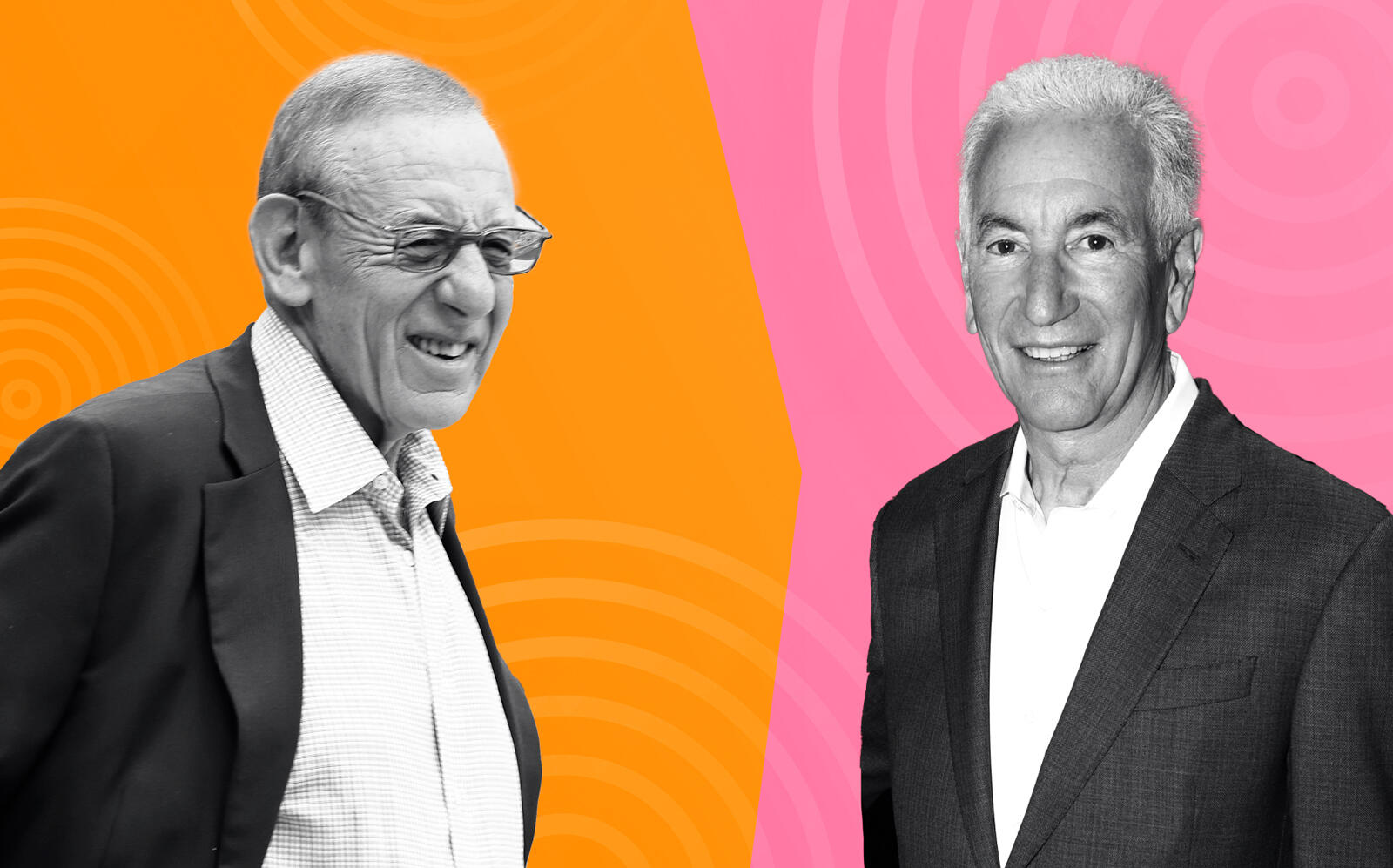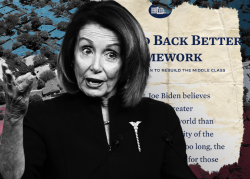 5 real estate takeaways from 20 years of Trump's taxes
5 real estate takeaways from 20 years of Trump's taxes
Trending
Stephen Ross, Charles Kushner, other titans paid no federal taxes for years
Jay Paul also among real estate executives exposed by ProPublica

Major developers including Stephen Ross and Charles Kushner exploited loopholes to duck federal taxes for years, according to an analysis of private tax data by ProPublica.
Ross, the billionaire chairman of Related Companies, reported $1.5 billion of income from 2008 to 2017. But reporting almost $2 billion in losses helped him avoid paying any federal taxes over that decade, the nonprofit site reported.
According to ProPublica, Ross didn’t pay federal income tax in 12 years between 1996 and 2017. His biggest federal tax liability came in 2006, when he owed $12.6 million on slightly more than $100 million in income.
A spokesperson for Ross blasted the revelations.
“His returns — which were illegally obtained and descriptions of which were released by ProPublica — are reflective of and in accordance with federal tax policy,” the spokesperson said. “It should terrify every American that their information is not safe with the government and that media will act illegally in disseminating it.”
A more common reaction, though, is outrage that extremely wealthy people can legally pay no federal taxes. Leaks can trigger efforts by federal lawmakers to change the tax code.
Charles Kushner went at least five years at one point without paying federal income tax, ProPublica reported. The New Jersey-based developer only owed taxes twice between 2008 and 2018, despite reporting $330 million in income.
Read more
 5 real estate takeaways from 20 years of Trump's taxes
5 real estate takeaways from 20 years of Trump's taxes
 Here’s where real estate issues stand in the Build Back Better bill
Here’s where real estate issues stand in the Build Back Better bill
Silicon Valley real estate developer Jay Paul’s tax avoidance was also exposed by ProPublica. Paul made $354 million from 2007 to 2018, but reported losses of more than $700 million and only paid taxes once in that 12-year span.
At one point, Donald Trump went six years without paying federal income tax, ProPublica noted.
Developers did not break the laws to zero out their tax liability, but simply used provisions in the tax code, including some designed to support housing investment.
A common practice examined by ProPublica was depreciation, the premise that property values fall over time as buildings age. Real estate investors can take deductions for those presumed losses, even if in the real world those properties gain in value, as they often do.
The valuation of One Columbus Place, for instance, rose by nearly $300 million from the early 2000s to 2016. Ross, who acquired a share in the property in 2007, has posted $32 million in tax losses from his partnership stake at the property.
Capital gains on the sale of such appreciated assets are theoretically taxable, but real estate investors can avoid them by putting sale proceeds into “like-kind” investments within six months. Real estate heirs also don’t have to pay depreciation recapture taxes, which come about when someone sells assets.
Tax increases are extremely difficult to get through Congress. President Joe Biden proposed to eliminate the carve-out for like-kind or “1031” exchanges. In the face of lobbying, however, the proposal was dropped.
There may still be changes afoot, though. Biden’s Build Back Better plan does include a provision to stop the use of outsized business losses to offset future income, famously exploited by Trump. It’s not clear if that provision will remain in the bill.
[ProPublica] — Holden Walter-Warner




